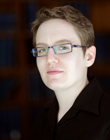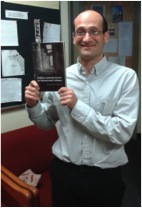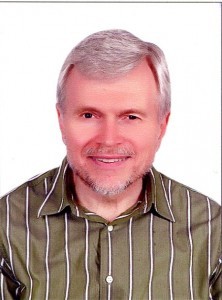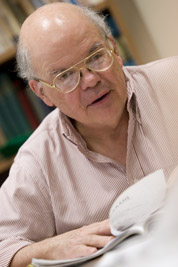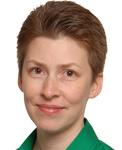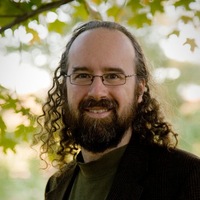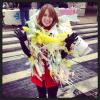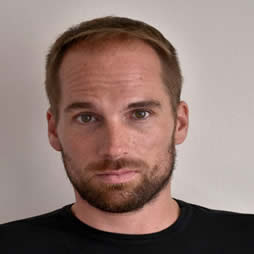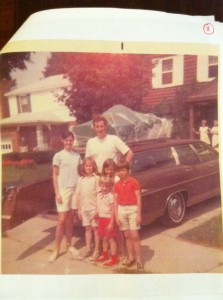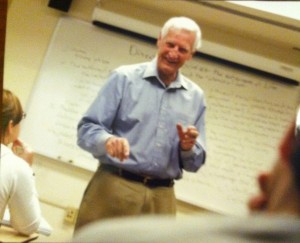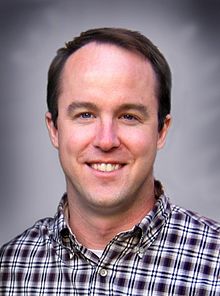[ensemblevideo contentid=5jx9Ms1ae0y_a2k99DidVg audio=true showcaptions=true displayAnnotations=true displayattachments=true audioPreviewImage=true]
Concepts like identity, identification, and representation are thrown around pretty loosely when people try to explain the influence of popular media on individuals and groups. Categories like race, gender, sexuality, and class are widely recognized, broadly applicable and, because of this, they are often invoked as a substitute for more nuanced thinking about how individuals relate to media, whether TV, film, or digital games.
- Do gay men like particular TV shows because they include gay characters?
- Are women more likely to watch football now that there are (a few) female commentators?
- Why would women play violent, misogynistic video games?
In her new book, Gaming at the Edge: Sexuality and Gender at the Margins of Gamer Culture (University of Minnesota Press, 2014), Adrienne Shaw complicates this approach by studying “representation in in a way that takes into account the fluidity, performativity, and contextuality of identity categories.” In a series of interviews with individuals from marginalized groups, Shaw, an avid digital game player herself, attempts to situate game playing within the overall lived experiences of her subjects. Through this indirect approach, she hoped to gain a better understanding of how, when, and why representation mattered. One of her main goals in writing this book is to help change the way academic and business researchers study identity, identification, and representation. I spoke with Adrienne Shaw about her new book on July 11, 2015.
Download Audio (mp3)

